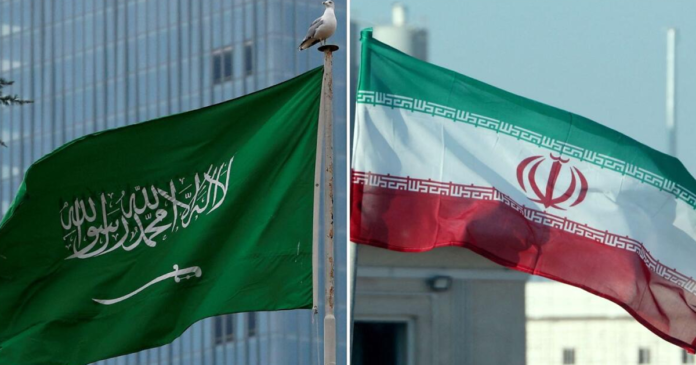Seven years after the embassy was shut down, relations between Iran and Saudi Arabia have improved, according to state media in Iran on Wednesday.
Saudi embassy in Iran resumes work: Following a deal announced in March and mediated by China, Iran and Saudi Arabia decided to resume diplomatic ties and reopen their respective embassies.
After attacks on Saudi diplomatic posts in Iran amid demonstrations against Riyadh’s death of Shia preacher Nimr al-Nimr, the longtime enemies in the region severed ties in 2016.
According to a “informed source” in Iran’s foreign ministry, “the embassy of Saudi Arabia in the Islamic Republic of Iran has officially begun its activities” and has been running since Sunday, according to the official news agency IRNA.
Riyadh has not formally endorsed the transfer of power.
Iran held a ceremony in June to celebrate the reopening of its embassy in Riyadh.
Iranian media had previously attributed the delayed reopening of the Saudi embassy to the building’s poor condition, which resulted from its destruction during the 2016 demonstrations.
Sources indicated that Saudi diplomats would carry out their activities from a luxurious hotel in the Iranian capital until the completion of the project.
Following the March agreement, Saudi Arabia has restored relations with Syria, an ally of Iran, and intensified its endeavors to facilitate peace in Yemen. In Yemen, Saudi Arabia has been at the forefront of a military coalition against the Houthi militants, who receive support from Iran.
For many years, Iran and Saudi Arabia have supported opposing groups in war areas all over the Middle East.
Iran and Saudi Arabia and Kuwait have recently been at odds over who is the rightful owner of a disputed gas field.
In the event that talks break down, Iran has threatened to “pursue its right” to the offshore zone, while Saudi Arabia and Kuwait assert “sole ownership” of the field.

